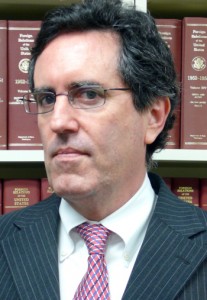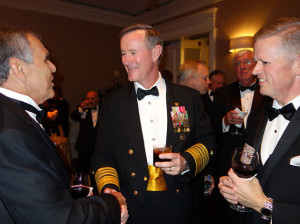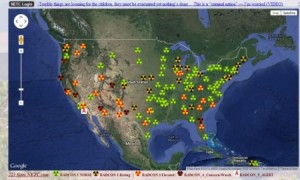![]() The staggering costs to clean up Fukushima
The staggering costs to clean up Fukushima
More than two years since the worst nuclear disaster since Chernobyl, the Fukushima power plant meltdown is still a major, global environmental problem. And the staggering price tag for cleaning it up continues to rise.
The Japanese government just announced that it’s borrowing about $30 billion more to cover costs related to Fukushima, bringing the total amount the Japanese government has borrowed to clean up the mess to around $80 billion, more than three times the amount BP spent to clean up the massive oil spill in the Gulf of Mexico in 2010. That money will go into cleanup, along with compensation for the people who may never go back to their homes near the contaminated area, and the decommissioning of the nuclear reactors. But it’s not money that the government is on the hook for, Reuters reports:
Tokyo Electric Power, or Tepco, the owner of the Fukushima plant, remains responsible for covering the costs of compensation and paying to clean up the surrounding areas under a framework set by the previous government.
But the government has issued bonds to pay the related costs up front. The embattled utility remains on the hook for paying back the money spent to the government over a period of decades under current arrangements.
But it should hardly come as a surprise that the cleanup is proving so costly. Independent estimates put the total economic cost of the disaster at $250-$500 billion. Tepco has said it will need $137 billion to cover costs related to Fukushima. And if Chernobyl is any indication, the costs will likely continue for decades to come. And the real issue might not even be the cleanup costs or health concerns, but the fact that a large, productive area of land (of which Japan doesn’t have much to begin with) is now essentially useless and will be for many years, decades, or possibly centuries to come.
Fortunately, in the shadow of Fukushima, there is some good news. Just about 12 miles off the coast of the Fukushima prefecture, a symbolic floating wind turbine switched on for the first time on Monday. The turbine alone will send 2,000 kilowatts to Tohoku Electric Power Co. It’s a small step in the country’s push toward more renewable power, but the wind farm is expected to eventually have 143 turbines with a generating capacity of one gigawatt. But it’s just one of the ways Japan looking to make up for the lost energy production from its nuclear reactors, which accounted for about 30 percent Japan’s electricity capacity.










